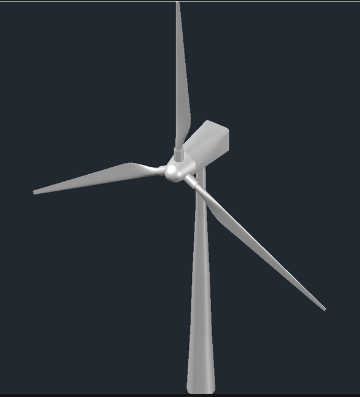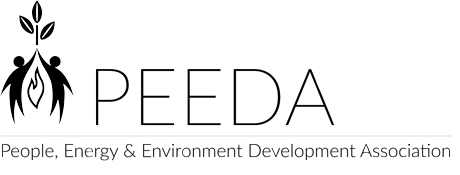Knowledge Exchange Workshops for Locally Manufactured Small Wind Turbines Using Online Design Tools

PEEDA is one of the partner organization for the project “Online Design Tools for Locally Manufactured Small Wind Turbines”. The other partner organizations are Kathmandu Alternative Power and Energy Group (KAPEG) (lead and contracting partner), Rural Electrification Research Group (RurERG) and School of the Earth ‘Nea Guinea’.
The general aim of this project is to provide a simple and accessible way to enhance the ability of local manufactures of small wind turbines (SWT) to overcome material supply issues, by being able to reconfigure their machines with the materials that they have available, and also to allow installers of SWT to design their systems for increased energy production. The project will include three phases, spanking over a period of six months, during which SWT design tools will be made available online, technical workshops will be organized in Kathmandu and a SWT will be installed in a rural community in Nepal.
During the first phase of the project the SWT design tools already developed by RurERG/NTUA will be made public and free to use on the RurERG website, with the use of a server and a graphical user interface (GUI). The local partners in Nepal, ie KAPEG and PEEDA, will prepare the ground for the workshops and events to take place in Kathmandu during second phase of the project and will identify the candidate community for the installation of the SWT. Furthermore, during the second phase of the project, a two-day workshop will take place in Kathmandu which will be of a technical nature and will demonstrate the use of the online design tools developed during phase one. A hands-on workshop will be organized by KAPEG and Nea Guinea, in continuation of the first one, which will have a duration of five days during which the designed SWT will be constructed. Once the construction workshop is over, the locally manufactured SWT will be installed in a rural community by the project partners during an installation and maintenance workshop. Finally, an awareness raising event will be held after the finalization of the installation, addressed at local farmers in order to display the abilities of small wind energy for rural electrification. As a conclusion, a one day networking event will be held in Kathmandu with the aim of disseminating the project to local actors involved in the renewable energy sector. During the third phase of the project, dissemination activities will take place for the global launch of the project, like webinars on the use of the SWT design tools and a project report.
